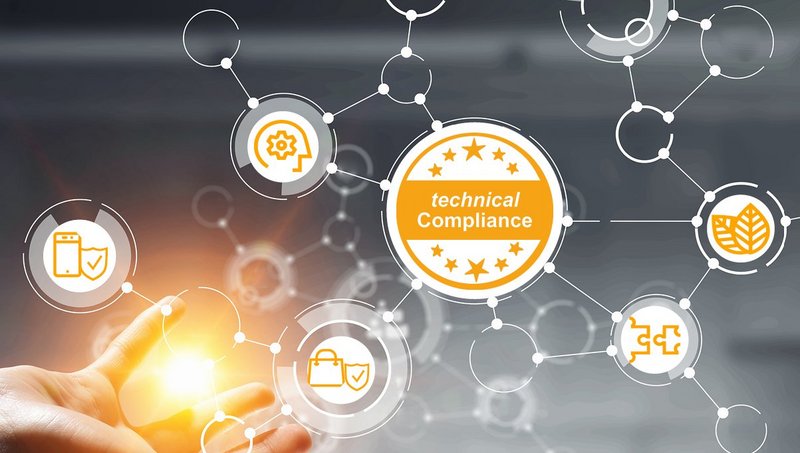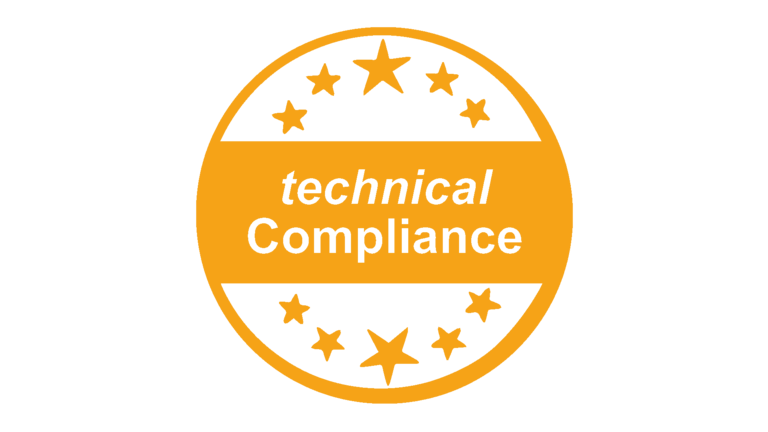Technical Compliance @ Continental – Our Understanding
Technical Compliance for Continental means that all products (system, hardware, software, services) are compliant and thus are in line with their valid binding product requirements. The technical Compliance scope is clearly defined by five categories along the entire Product Life Cycle. It is therefore a cornerstone of business success.
The technical Compliance scope is clearly defined by five categories along the entire Product Life Cycle (PLC).

Product Safety, a product property, is the freedom from unacceptable risk for consumers caused by a product. To ensure safety we comply with regulations and standards, conduct risk assessments, and provide clear labeling and instructions for use. Ultimately, product safety is crucial for providing consumers with safe and trustworthy products.
Product Conformity is the fulfillment of requirements regarding product related technical compliance obligations. It covers all requirements that cannot be clearly assigned to one of the defined tC categories but are necessary to fulfill the technical compliance obligation. In order to be technically compliant, the actual properties of a product must match the documented properties. This includes in particular homologation, certification procedures and advertising.
Products Environmental Compliance includes the Product Environmental Footprint (e.g. Emission, Consumption and Resource efficiency). Further, materials and circular economy are aspects of Product Environmental Compliance. In order to be technically compliant, assessment of significant environmental aspects of Products during the entire Product Life Cycle and minimization of potential impacts on the Environment by Products must be ensured.
Product Cybersecurity & Privacy is the absence of unreasonable risk of unauthorized manipulation (Integrity), inhibiting (Availability), and access (Confidentiality) to products and their functions. Product Privacy includes that necessary technical measures are taken to consider the protection of personal identifiable information (PII). In order to be technical compliant, cybersecurity and data protection must be considered throughout the whole Product Life Cycle and the underlying management system must be ensured.
Intellectual Property: In order to be technically compliant, third-party intellectual property must be respected and lawfully used. This includes, for example, actively prohibiting the usage of any counterfeit parts (plagiarism) along the supply chain and ensuring that the Products do not infringe any third-party intellectual property, at least by conducting, legally assessing and documenting searches for third-party intellectual property rights with the care that is customary in the respective industry.
To ensure ongoing compliance of our products, we operate a technical Compliance Management System (tCMS) that we continuously improve to minimize risks and maximize opportunities for all our stakeholders.
Continental’s technical Compliance Management System
At Continental, we are committed to achieve technical Compliance supported by a holistic management system.
This means we constantly monitor the technical Compliance of our products (system, hardware, software, services) and our technical Compliance Management System to permanently improve effectiveness and efficiency. Clearly defined roles and responsibilities for technical Compliance and a robust IT landscape are the main pillar of the system.
Furthermore, we frequently communicate our values and rules to promote awareness and to reinforce that technical Compliance is an essential part of our corporate culture.




